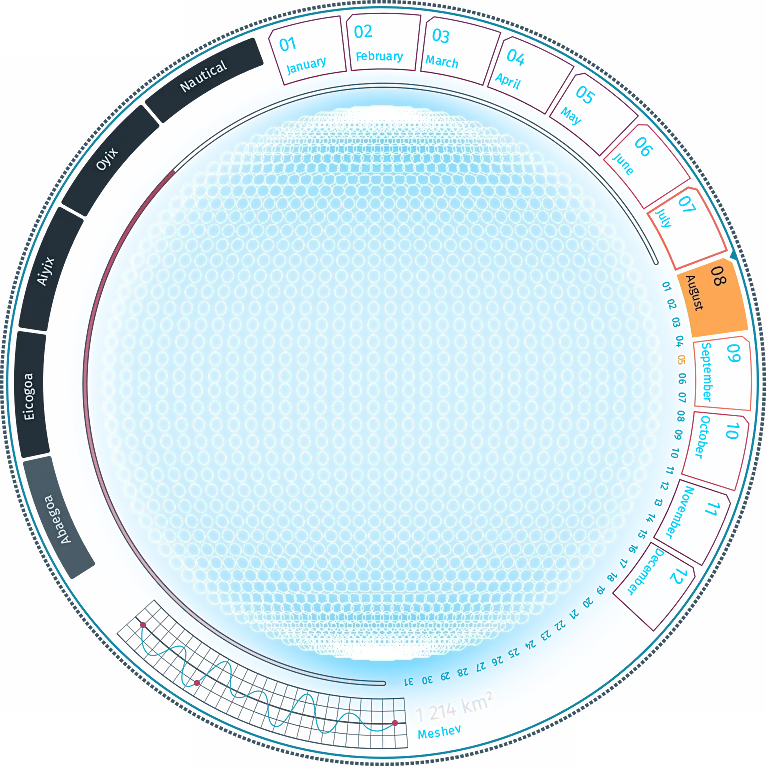Human (ˈhjuːmən)
Humans do not have any sub-species, and anybody with mixed blood is known as half of the other species rather than half-human (i.e., half-Shatar). However, there are various ethnicities within the human species. Humans are born with numen just as everything else is infused with it; however, humans have notoriously lower capacities than other species.
In comparison to other biological species, humans have the shortest lifespan. Perhaps it is because of their shorter lifespans that they seek to do as much as possible in the time they have. Or perhaps they believe they have something to prove to the other races, which is why they establish huge empires based on conquest and trade. Humans are the world's pioneers, whatever pushes them.
Basic Information
Biological Traits
Humans are more physically diverse than other common races due to their proclivity for migration and conquest. A human can be 5 feet to a little over 6 feet tall and weigh between 100 and 300 pounds. Human skin tones range from nearly black to very light, with hair colors ranging from black to blond (curly, kinky, or straight) and sparse or abundant facial hair in males. Many humans have traces of nonhuman ancestors, such as Thyselie, Krudh, or other lineages. Humans rarely live more than a century after reaching adulthood in their late teens.
Civilization and Culture
Culture and Cultural Heritage
Despite the fact that some humans are intolerant, their society is open and accepting in general. Human territories accept a large number of non-humans in relation to the fraction of humans who live in non-human areas. Meshev is the most well-known human nation, and other countries such as Kjersia, Parina, Pallua Island, and Ranse boast large human populations. Both the material culture and physical characteristics of humans exhibit wide regional variation. There are significant cultural differences between the southern regions of Pallua Island and Meshev and the far eastern region of Ranse, including but not limited to dress, architecture, cuisine, music, and literature. Contrarily, the ancient Puski migrations explain the broad variety of human skin tones and facial features. Intermarriage between humans and other races is as common as it is between members of the same race.
They get along well with most people, even if they are not particularly close to many of those people. Humans fill a wide variety of bureaucratic roles, including ambassadors, diplomats, magistrates, merchants, and many others. Because of their greater diversity than other species, humans as a whole have no standard names. While some parents choose to give their children names from other languages (such as Ullul or Thyselie), the vast majority of humans stick to the naming traditions of their home country or their families' homelands.
Whereas a single Thyselie or Ullul might be tasked with guarding a special location or a valuable secret, humans created revered orders and organizations to do so. Human temples, governments, libraries, and codes of law fix their traditions in the foundation of history, whereas Ullul clans and other non-human elders pass on traditions to each new generation. Humans want immortality, but they attain it by guaranteeing that they will be remembered when they leave this world.



Comments